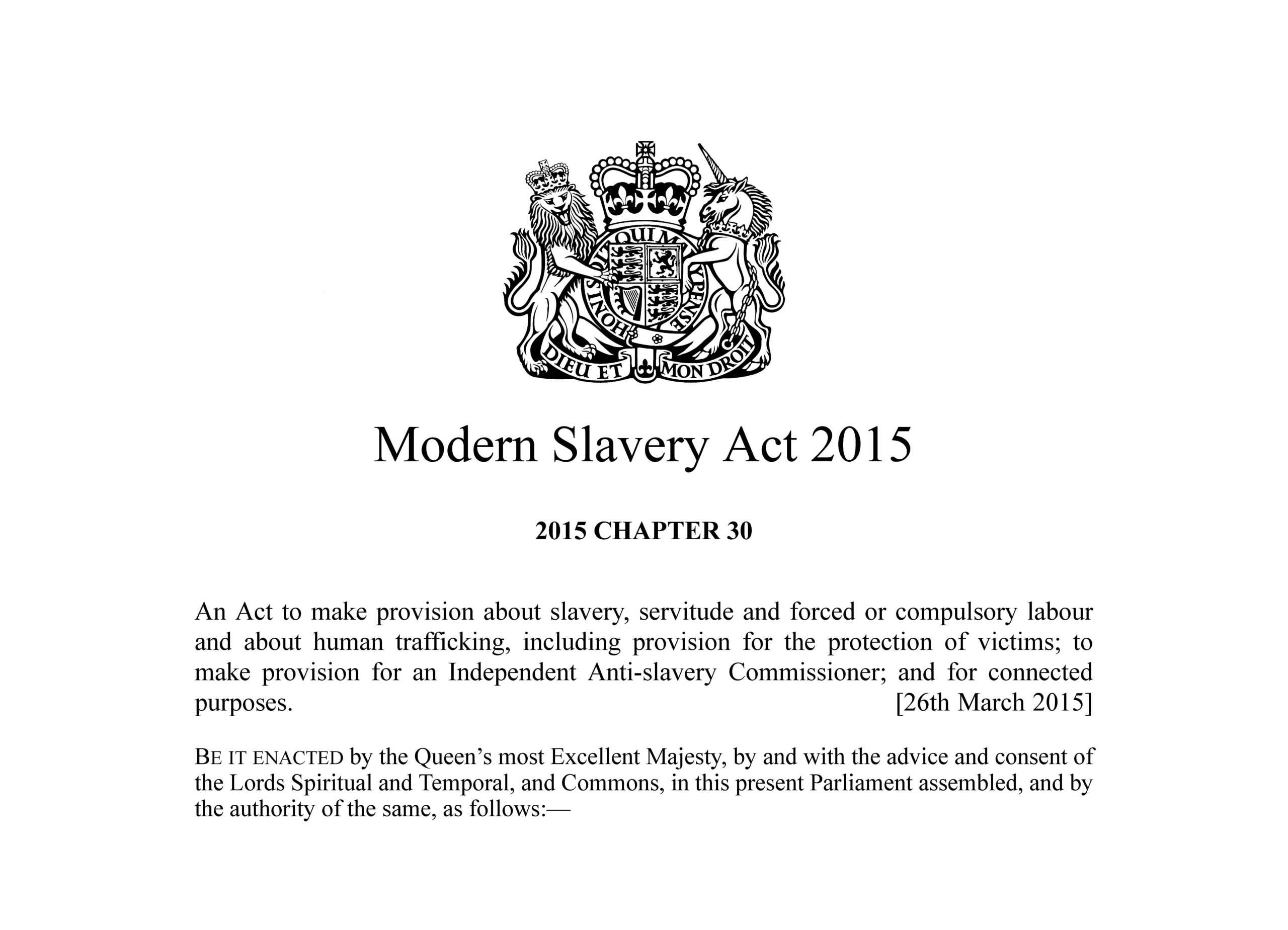
10 Feb Home Office concedes judicial review brought by survivor of trafficking
Our client, a survivor of trafficking and torture, brought a judicial review challenging the Home Office’s refusal of support to assist his recovery. Disclosure provided by the Home Office lawyers on the evening before the final hearing proved that the Home Office’s defence could not stand.
Our client survived trafficking and torture in Libya. He arrived in the UK in mid-2022, and received a positive Reasonable Grounds decision on 15 June 2022 whilst in immigration detention pending his potential removal to Rwanda.
During his Recovery Period (that being the time between a Reasonable Grounds decision and a Conclusive Grounds decision), he received support provided by the Home Office under the Modern Slavery Victim Care Contract (‘MSVCC support service’). Despite only receiving minimal support during this time, which crucially did not include long-term, trauma-focused therapy as recommended by a psychiatric expert, he was ‘exited’ from the MSVCC support service following a positive Conclusive Grounds decision dated 12 December 2022.
He was instead provided with support via the Reach-In service, which is a limited support service provided by the Home Office, for which an individual is allocated a support worker who is available for signposting and information only. In practice, his Reach-In support worker called him on an ad hoc basis to “check in”, but was unable (due to the limitations of the Reach-In service) to provide the advocacy and support that the Claimant needed.
As per §8.34-35 of the Modern Slavery Statutory Guidance, the Claimant requested that the Home Office re-enter him into the MSVCC support service on the basis that he had outstanding recovery needs which could not be met by other services, including Reach-In. The request was accompanied by substantial submissions by this firm, medical reports, and further evidence.
The Home Office defended the claim on the basis that it had taken into account all relevant considerations when making its decision, and filed witness evidence which went so far as to confirm that all the evidence provided with the re-entry request had been considered. Despite the Claimant making various requests for disclosure throughout the claim, particularly for evidence as to what information the decision maker had before them in February 2024, no disclosure was received until the evening before the hearing.
The hearing was listed for 1.5 days in January 2025. On the evening before trial, the Home Office provided very late disclosure, which included internal emails that noted it was “highly unlikely” that the decision-maker had considered supporting evidence when making the February 2024 decision. This disclosure appeared to significantly undermine the Home Office’s defence, and directly contradicted the Home Office’s position set out in their witness evidence.
As a result, the Home Office agreed to settle the claim on advantageous terms for the Claimant on the day of the hearing.
Bryony Goodesmith, Adam Hundt and Nakita Hedges acted for the claimant, instructing Emma Fitzsimons of Garden Court Chambers.
